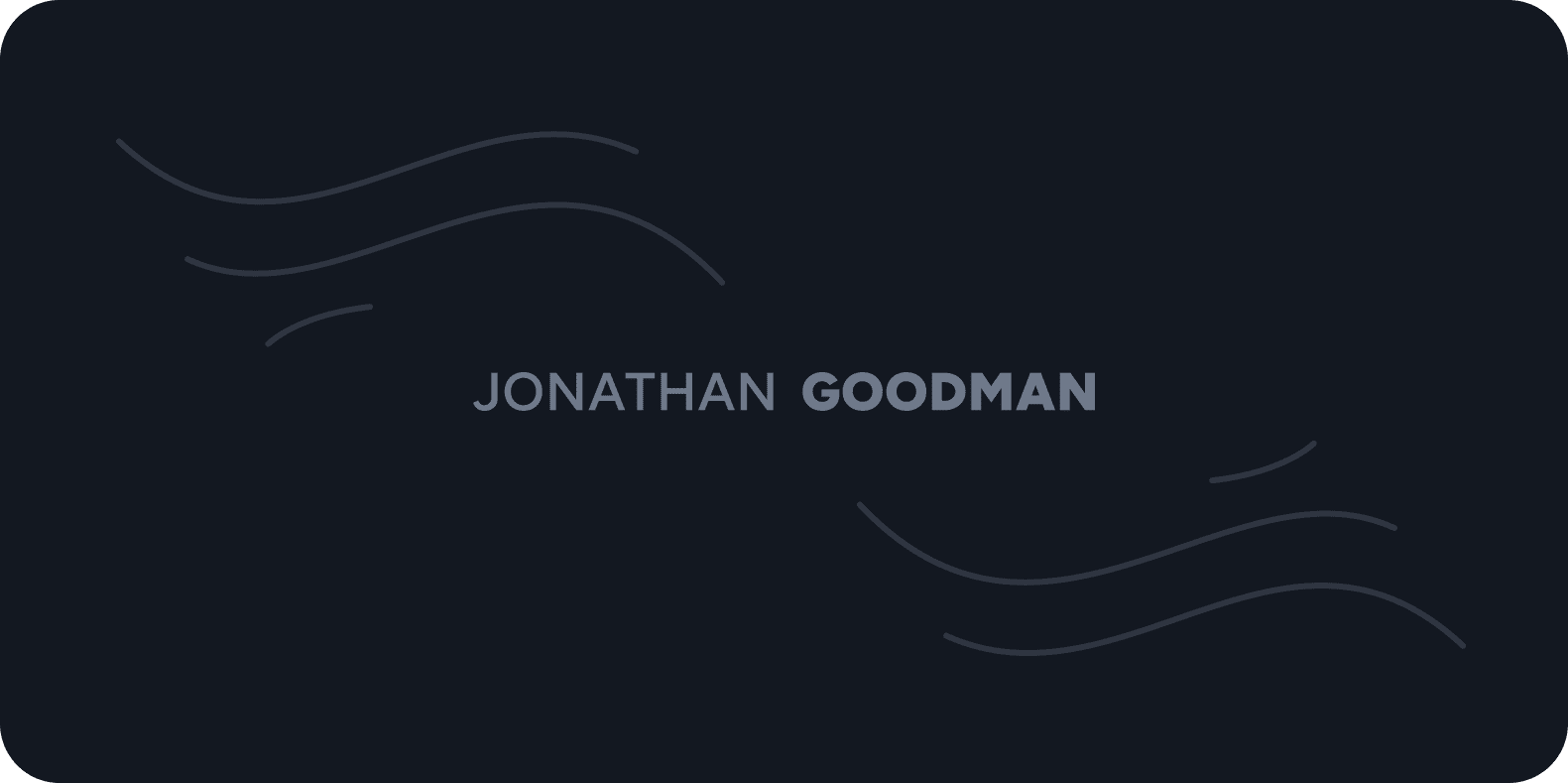 Last week I had the opportunity to meet up with Alex Hutchinson. For those of you who don't know Alex. He's got a Ph.D in physics in addition to being a national team runner. I had heard that Alex was about to launch a book called "Which Comes First, Cardio or Weights?: Fitness Myths, Training Truths, and Other Surprising Discoveries from the Science of Exercise
Last week I had the opportunity to meet up with Alex Hutchinson. For those of you who don't know Alex. He's got a Ph.D in physics in addition to being a national team runner. I had heard that Alex was about to launch a book called "Which Comes First, Cardio or Weights?: Fitness Myths, Training Truths, and Other Surprising Discoveries from the Science of Exercise" and decided to contact him.
I'm glad I did! The book answers 111 questions that are commonly asked by my clients, friends and family. He does a fantastic job meshing research based answers with an easy-to-follow and enjoyable style.
I asked Alex to answer a couple questions for me on his background and what the books about.
JG: Thanks for taking the time to do this interview Alex. Can you please tell our readers a little about your background?
AH: I'm first and foremost a science journalist. I started out doing a Ph.D. in physics at the University of Cambridge, then postdoctoral research with the U.S. National Security Agency, before turning to journalism in my late 20s. But the other passion in my life is training - specifically, for me, distance running. I ran on the Canadian national team for a little over a decade.
Eventually, I figured out the best thing I could do was combine those passions by writing about the science of training. Since 2008, that's been my focus, staying on top of current research on all aspects of fitness and exercise. I write regular columns on that topic in the Globe and Mail and Canadian Running, and I also contribute training articles to magazines like Runner's World, Men's Journal, and Bicycling.
JG: What led you to write the book?
AH: Every personal trainer knows how much bad information there is out there. People are listening to infomercials, to some dude at the gym who's walking around giving advice, to whatever their gym teacher told them 30 years ago... I wanted this book to be a very simple, straightforward collection of what we now know about how the body responds to different kinds of exercise, nutrition and recovery techniques. No opinions, just peer-reviewed evidence.
I feel like there's a big gap between exercise physiology books, which are interesting but too technical to be useful to the average reader, and typical health books, which are generally trying to push some new theory or miracle approach that will magically transform your body. This book has no "big theory" - it's simply a collection of the best available evidence on the most common (and a few less common) training questions.
JG: What do you hope readers will get out of the book?
AH: Different things for different readers! It starts at a very basic level - the first chapter is called "Getting Started," and deals with questions like how long different types of adaptation take after you start working out, and how much exercise is needed for basic fitness. The last chapter is about competition - the evidence on ergogenic aids like caffeine, pre-cooling to improve performance in the heat, and so on. So that's a pretty broad spectrum.
The book is organized into 111 Q&As, divided into 12 chapters - so it's not necessarily a cover-to-cover read. I suspect a lot of readers will use it as a reference to check when a question occurs to them.
JG: How can personal trainers use the book as a resource?
AH: Most of the personal trainers I know spend quite a bit of time trying to stay current with training ideas and research. But even if you're attending seminars and doing a fair amount of professional development, it's hard to stay on top of all the different topics you might encounter in dealing with a client. No matter how much you know about high-intensity interval training or muscle hypertrophy, a client might still surprise you with a question about whether a vegan diet can sustain heavy training, or what causes muscle cramps.
I should be clear: this book doesn't tell you how to train your clients. Putting together the right plan for an individual is the trainer's job. But it gives you information to help make sure you're making the best decisions for them. I guarantee that every personal trainer will find at least one thing in the book that they strongly disagree with. And that's totally fine! If you still believe that, say, the benefits of static stretching before workouts really outweigh the possible downsides, that's fine - as long as you understand the evidence on both sides. After all, it's a complicated topic where the research is far from conclusive. What's unacceptable (but far too common) is making that decision without even being aware of the research on the other side.
JG: Thanks again for your time Alex. Best of luck with the book!
You can connect to Alex via his website www.sweatscience.com or follow him on twitter athttp://twitter.com/#!/sweatscience












